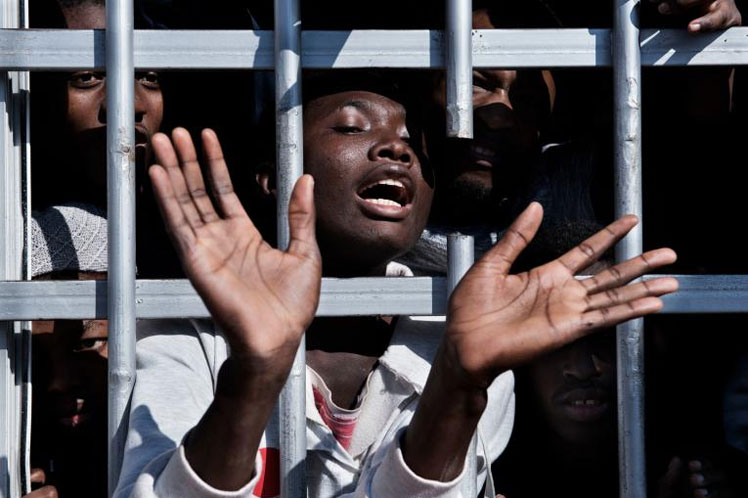The phenomenon is most visible in inland cities, and is known as ‘restavèk’, a Creole term for ‘keeping,’ and is part of an ancient tradition supposedly designed to help children from the most disadvantaged families.
The organization, together with the Collective of Lawyers Specialized in Strategic Human Rights Litigation, recalled that infants, often overloaded with work, must neglect their schooling to meet the demands of their ‘surrogate parents.’
These structures encouraged actors in the judicial system to act against those who exploit children in order to try to reduce the number of families who resort to the practice.
Rosemond Manace, head of Depase fwontyè, pointed out that the foundation accompanies some 160 child victims, and works to reintegrate them into their family of origin.
In 2019 Leronel Mortimé, coordinator of the Haitian Observatory against Trafficking and Human Trafficking, denounced that the practice of restavèk is one of the manifestations of modern slavery, tolerated by society.
At that time, the organization identified at least 280 thousand restavèk children and demanded that the authorities take care of the people who fall into these networks, punish those responsible, and enforce international conventions and laws on human trafficking, while they are established public policies that improve the living conditions of the population.
pgh/llp/mem/ane









